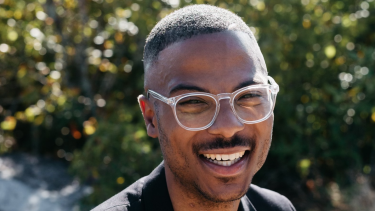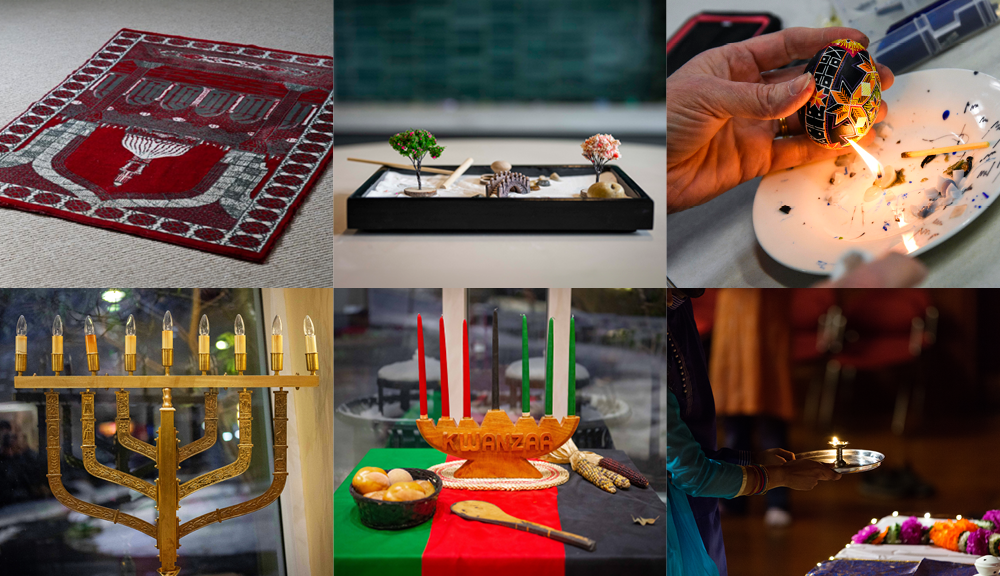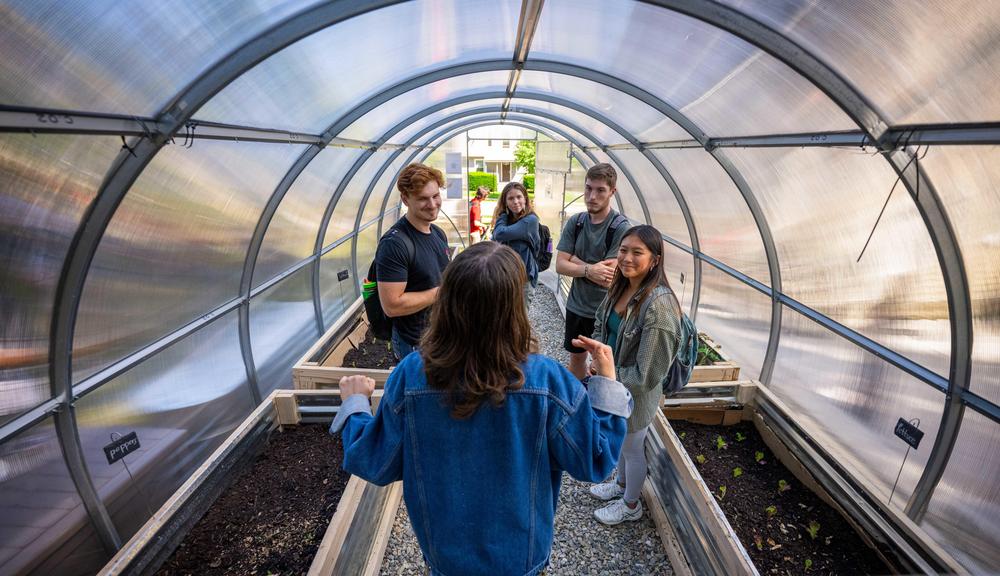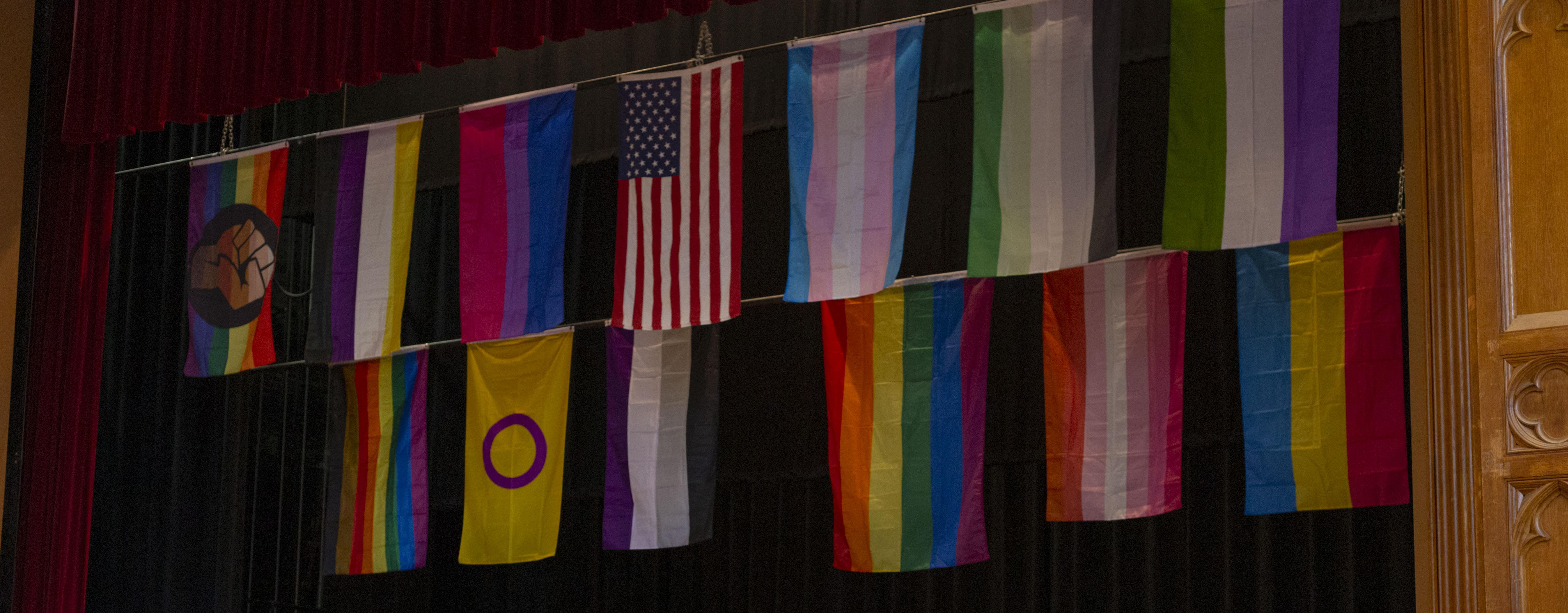Kalvin Cummings joined the WPI community in July as the inaugural assistant director for religion and spiritual life. This important new role within the Office of Diversity, Inclusion, and Multicultural Education (ODIME) coordinates the university’s programs and services related to meaning-making practices, the term Cummings uses to describe all things religious and spiritual, regardless of whether they align with a traditional, formalized faith or creed. In addition to overseeing the Collegiate Religious Center (CRC) and supporting student organizations focused on meaning-making practices, Cummings supervises the university chaplains and manages ODIME’s community service programs. He partners with the Center for Well-Being, the Student Development and Counseling Center (SDCC), Health Services, and Physical Education, Recreation & Athletics in addressing a holistic understanding of student well-being.
Q. Why did WPI create this position?
A. This position comes out of the initiatives of the Mental Health and Well-Being Task Force, which got WPI thinking about well-being as encompassing body, mind, and spirit, instead of only body and mind. That involves asking questions like, What does it mean to live well? And, Where are we finding meaning?
It coordinates religious advisors who act as extensions of the CRC to support students in their meaning-making practices. It also partners with student orgs and clubs that are associated with religious, spiritual, and meaning-making practices, not just so those orgs and clubs feel supported, but to ensure parity and equality among those organizations in somewhat of a pluralistic way. Our strategic plan prioritizes providing a place on campus where plurality is not just considered, but considered thoughtfully and intentionally—and contextualized for students at WPI. If everyone has a seat at the table, then we learn from everyone.
Q. Why were you drawn to this position?
A. WPI is looking to provide more community to students in response to what we have decided is a real student need, and this position sits right in the middle of it all. It coordinates resources and programming around how we rediscover and practice the sacred. It asks the community to demand a culture change. We’re starting to see that this is not one person’s space, this is everyone’s space—irrespective of tradition, but also inclusive of tradition.
I hope to represent that all paths are good paths. When a student or a chaplain or a president of an organization sees another religious practice enacted or practiced on campus and then they ask a question, they have moved from judgment to query. That is what I live for. When that happens, I think we’re making better humans. To ask questions instead of making presumptions about different cultures, different people, or different groups? That’s part of becoming a global citizen.





